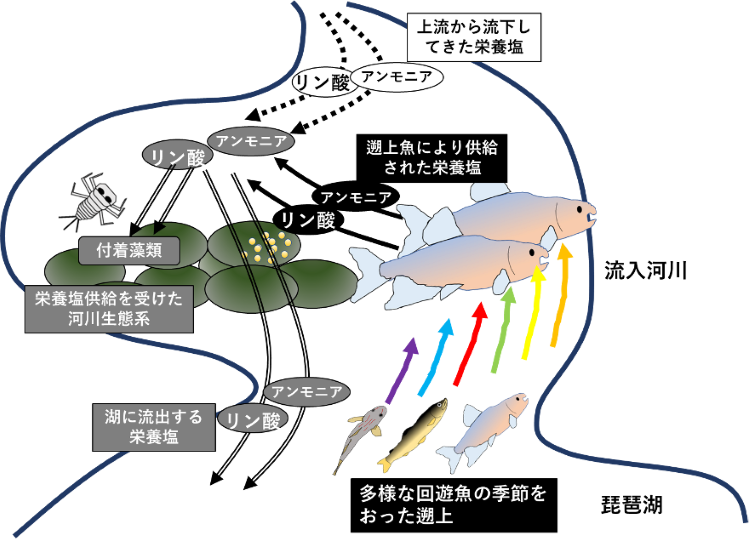2024-10-28 インペリアル・カレッジ・ロンドン(ICL)
<関連情報>
- https://www.imperial.ac.uk/news/257593/no-incentive-older-birds-make-friends/
- https://royalsocietypublishing.org/doi/10.1098/rstb.2022.0458
- https://medibio.tiisys.com/107767/
老後はそれほど社交的ではない:社会性低下の一因としての人口動態 Not so social in old age: demography as one driver of decreasing sociality
Julia Schroeder,Jamie Dunning,Alex Hoi Han Chan,Heung Ying Janet ChikandTerry Burke
Philosophical Transactions of the Royal Society B Published:28 October 2024
DOI:https://doi.org/10.1098/rstb.2022.0458

Abstract
Humans become more selective with whom they spend their time, and as a result, the social networks of older humans are smaller than those of younger ones. In non-human animals, processes such as competition and opportunity can result in patterns of declining sociality with age. While there is support for declining sociality with age in mammals, evidence from wild bird populations is lacking. Here, we test whether sociality declines with age in a wild, insular bird population, where we know the exact ages of individuals. Using 6 years of sociality data, we find that as birds aged, their degree and betweenness decreased. The number of same-age birds still alive also decreased with age. Our results suggest that a longitudinal change in sociality with age may be, in part, an emergent effect of natural changes in demography. This highlights the need to investigate the changing costs and benefits of sociality across a lifetime.


